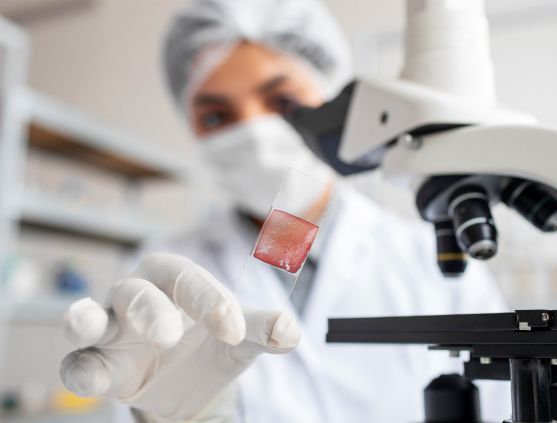614

Lab-grown meat and alternative proteins are attracting increasing interest in Europe, amid concerns over sustainability and food security. According to the FAO 2024 report, the global alternative protein market could exceed €20 billion by 2030, with an annual growth rate of over 10%.
In the European Union, the authorization of artificial meat products is strictly regulated under the “Novel Foods” procedure. In 2023, Italy introduced a ban on the production and commercialization of synthetic meat, while other member states, such as the Netherlands and Spain, are funding pilot projects to test these products.
At the consumer level, studies show an initial reluctance, but also growing interest among younger generations concerned about environmental impact. In Romania, discussions on artificial meat are only just beginning; however, European pressure to reduce emissions and diversify protein sources will drive the adoption of national regulations in the coming years.
For processors, the main challenge will be adapting to the indirect competition posed by these products, as well as investing in research and development lines for local alternatives (plant-based proteins, processed insects, legume-based products).
In the long term, integrating alternative proteins into the European food mix could reduce dependence on traditional livestock farming, but will require a careful balance between innovation, food safety, and social acceptance.
(Photo: Freepik)




